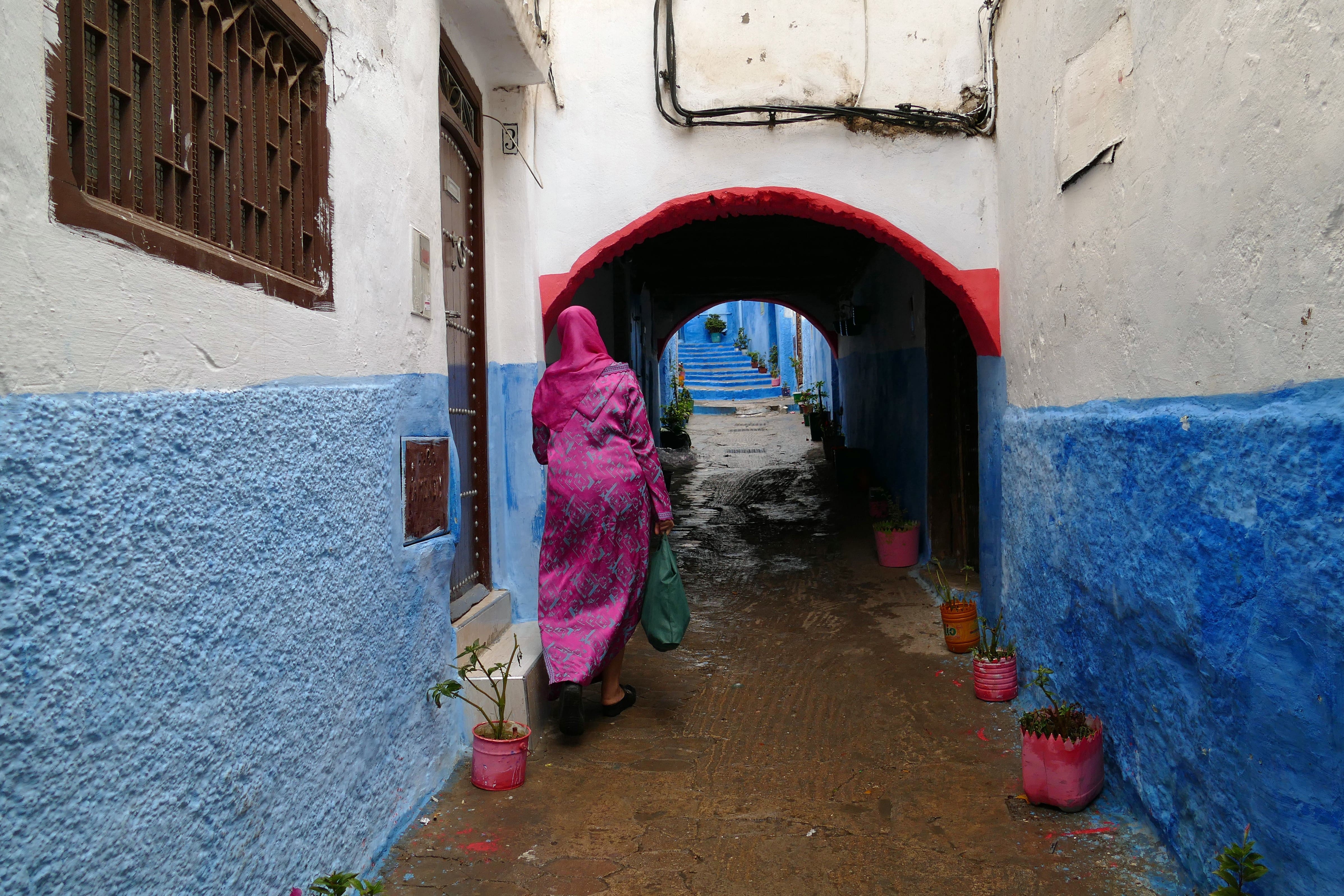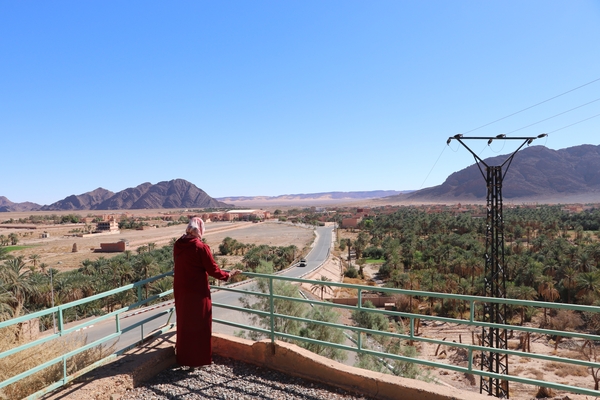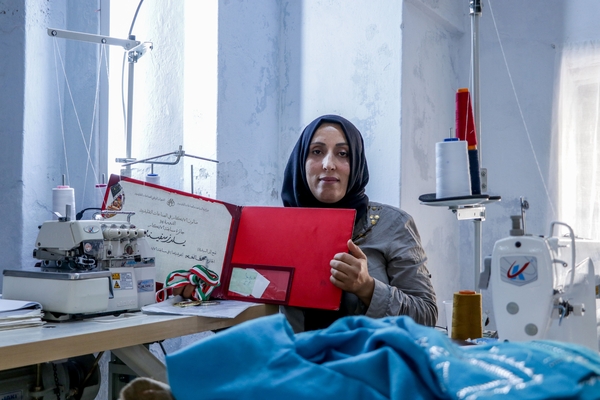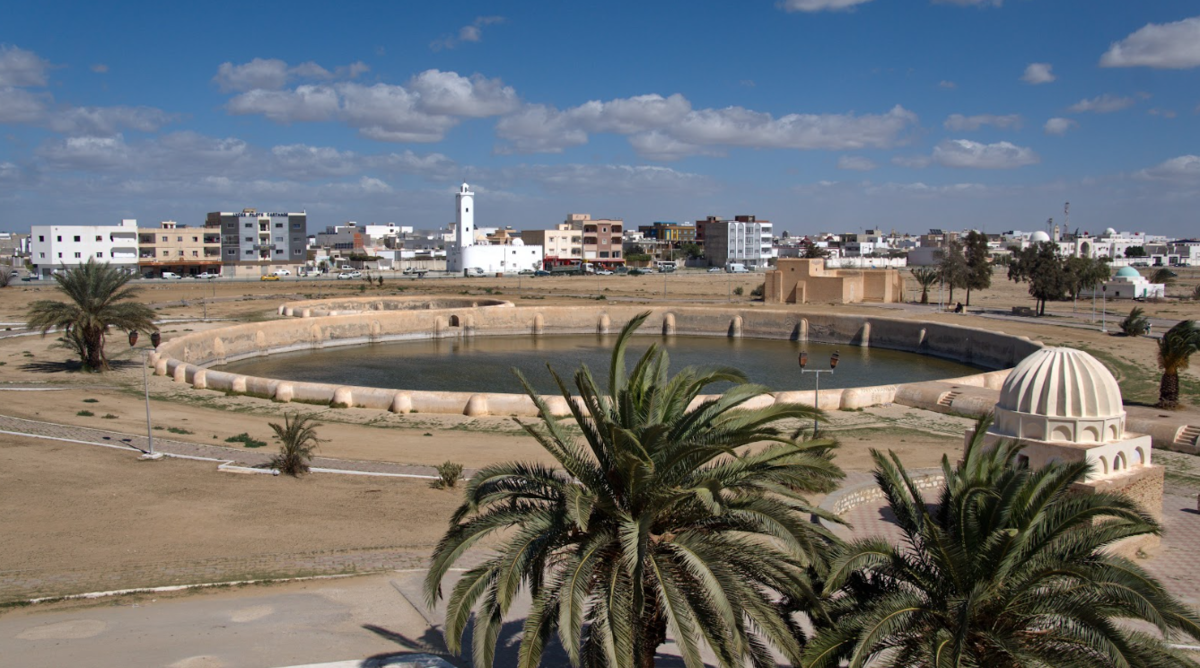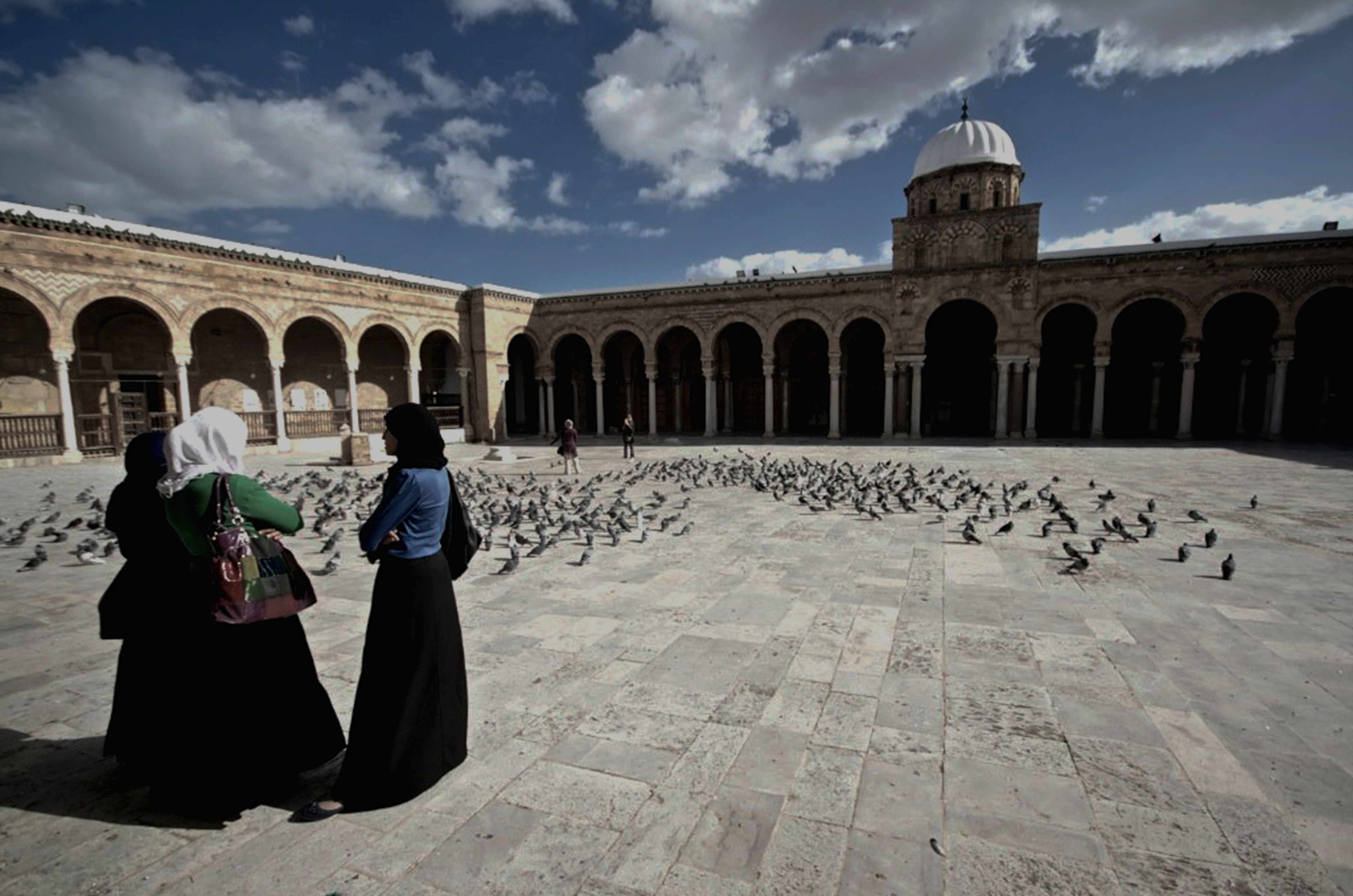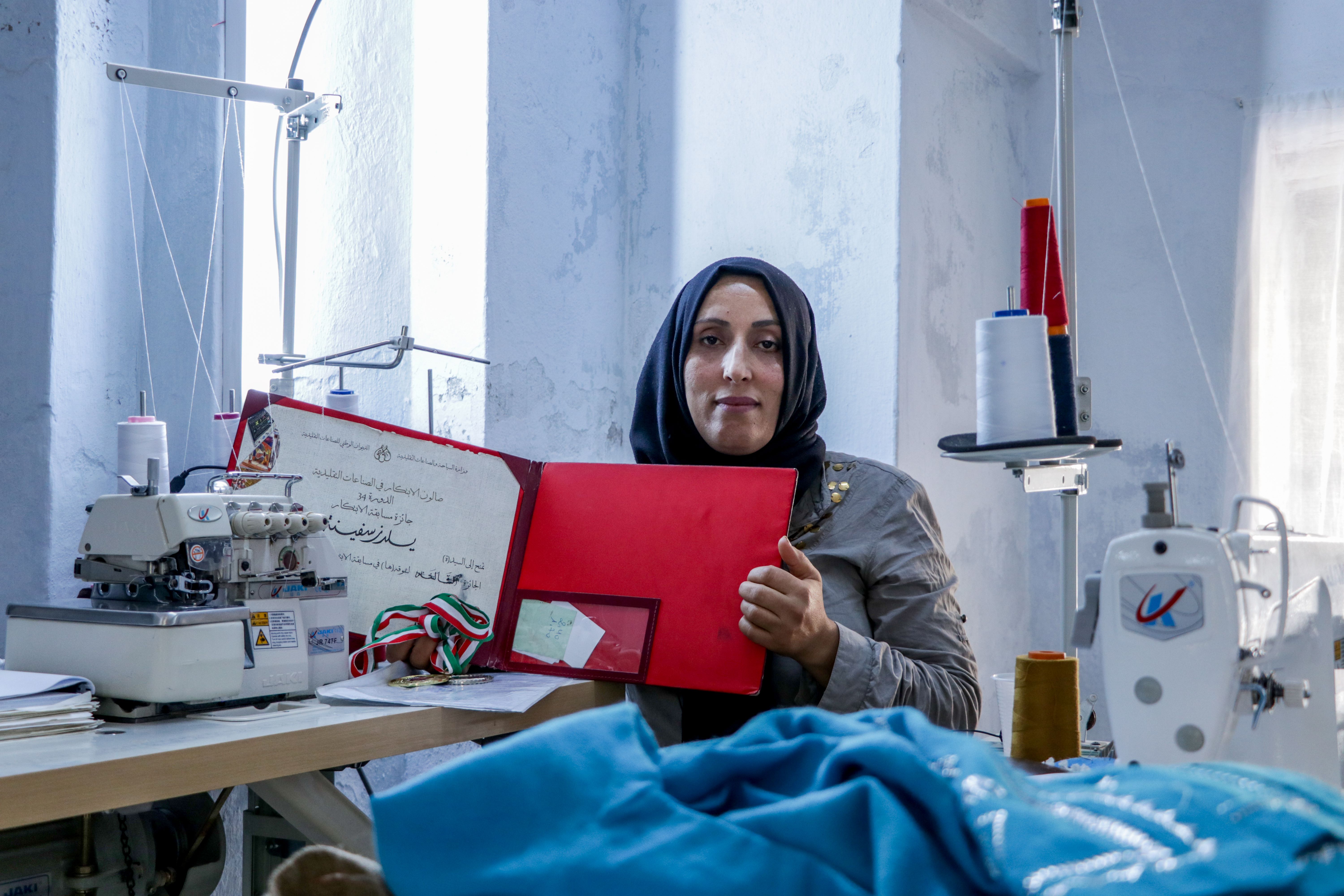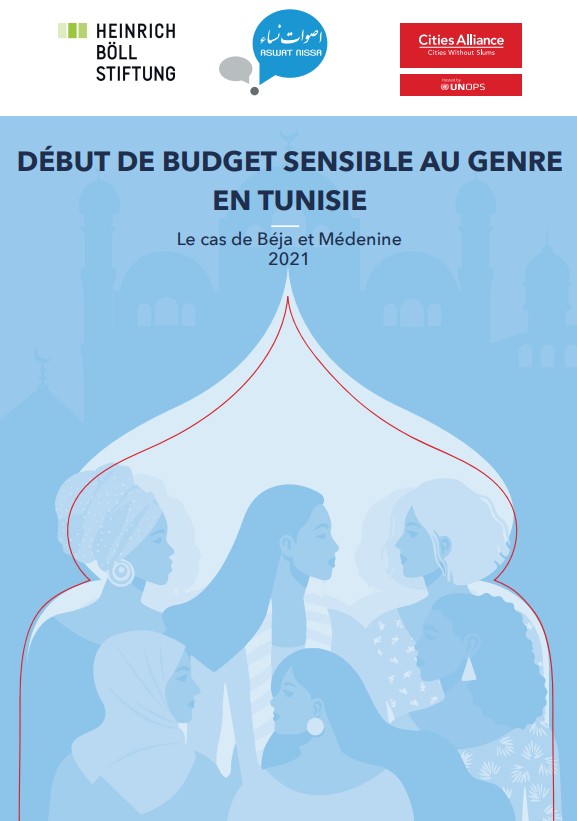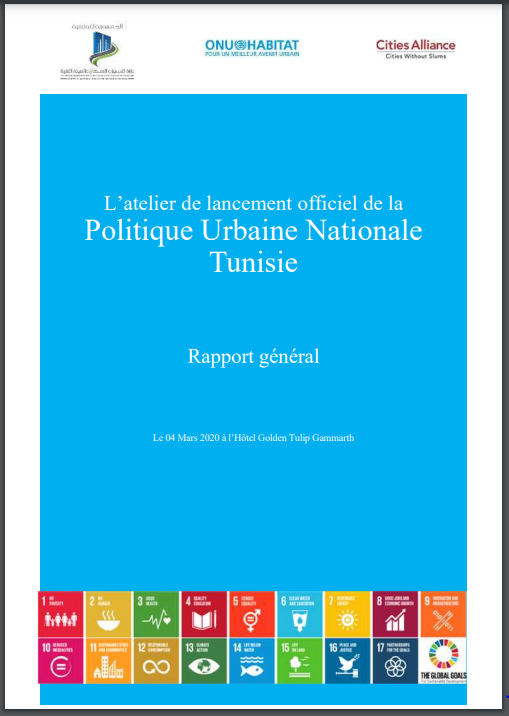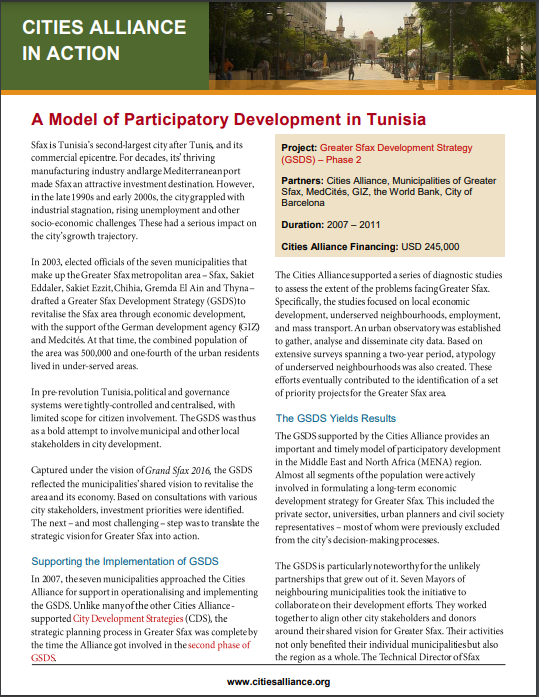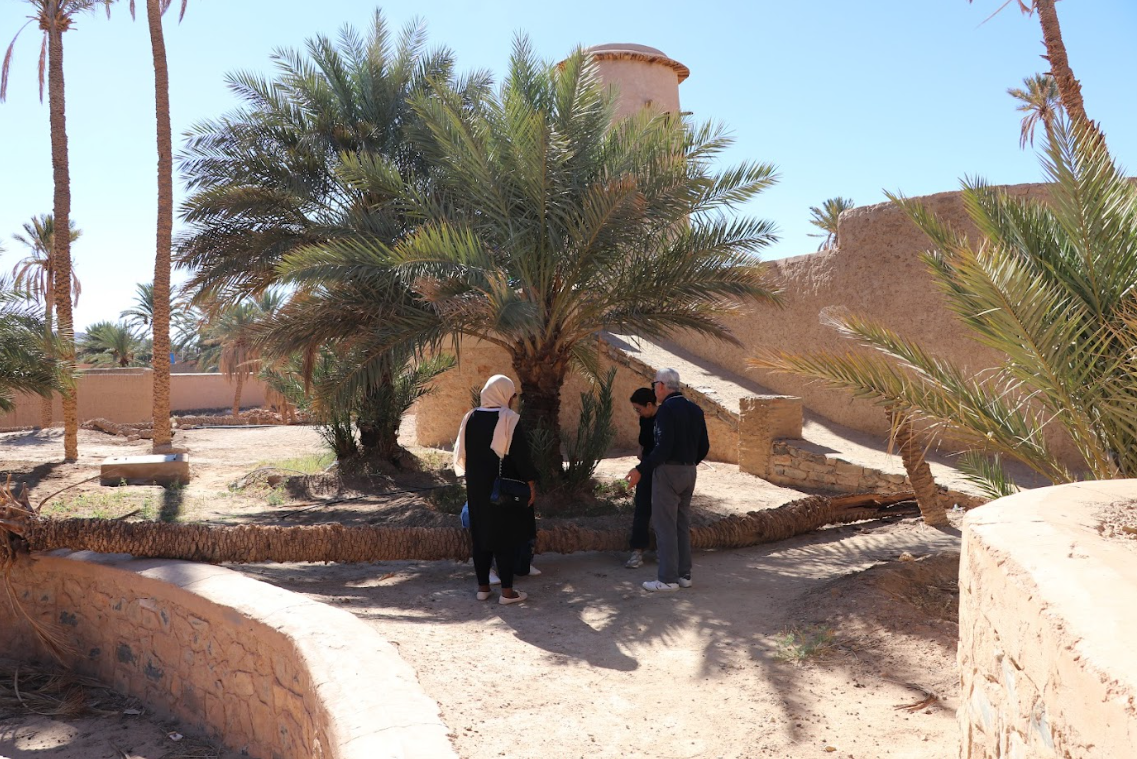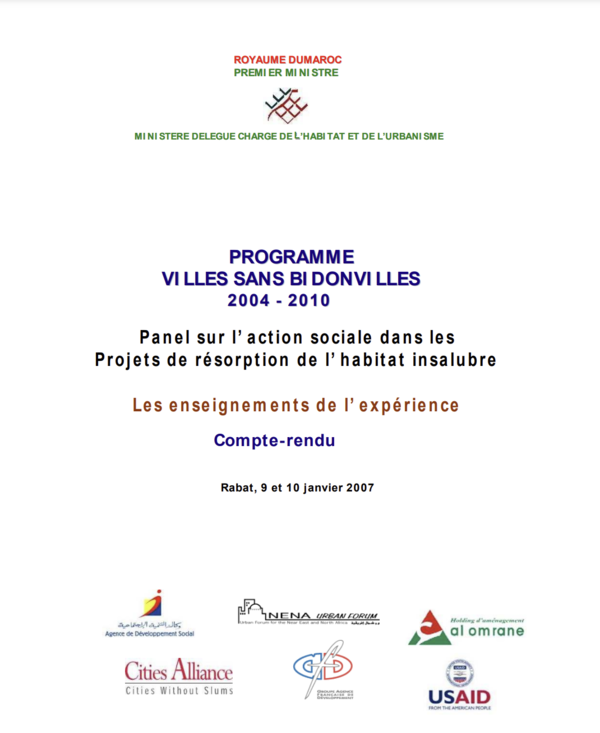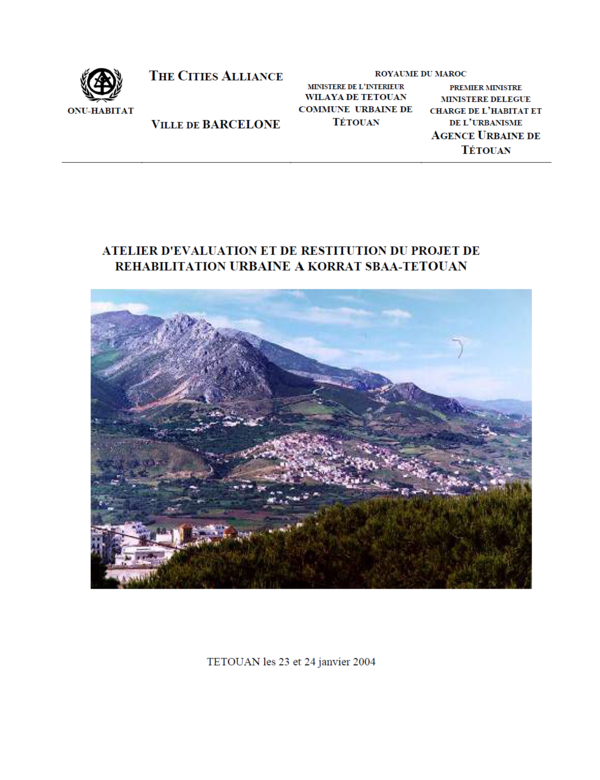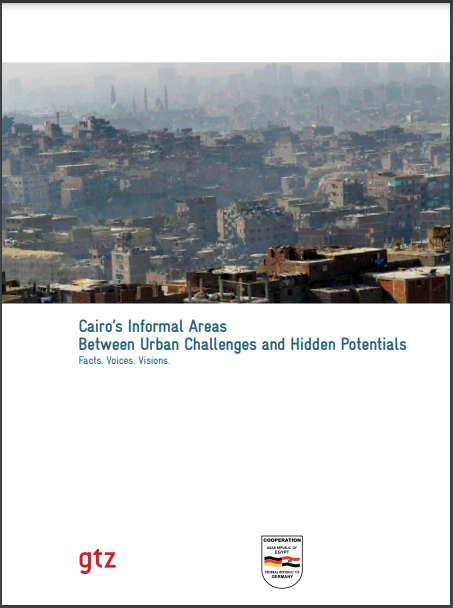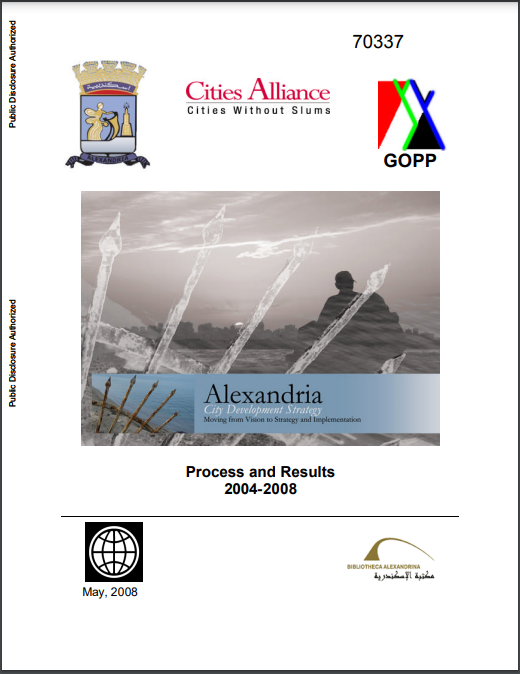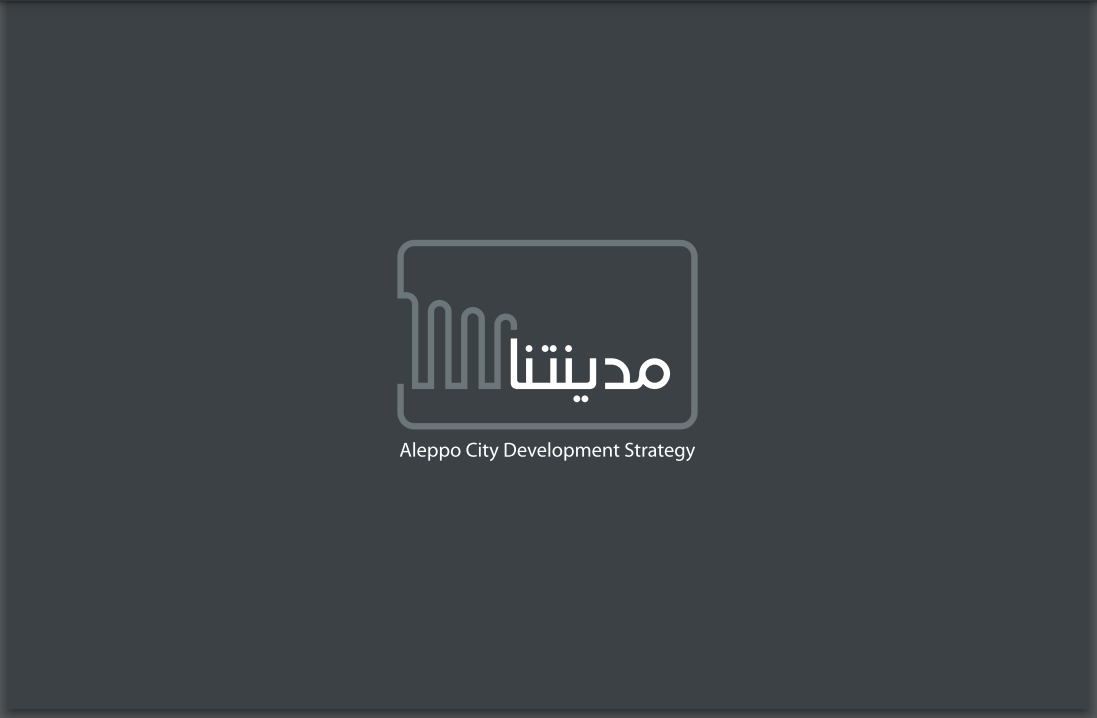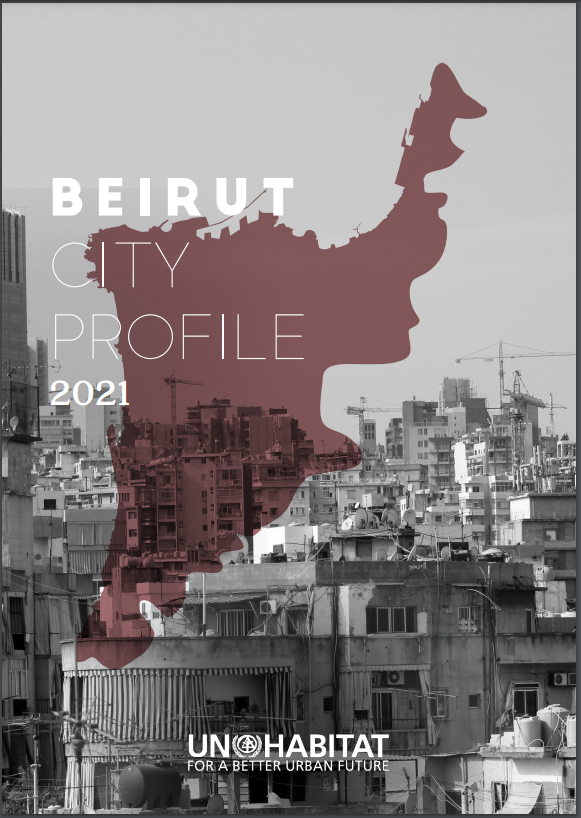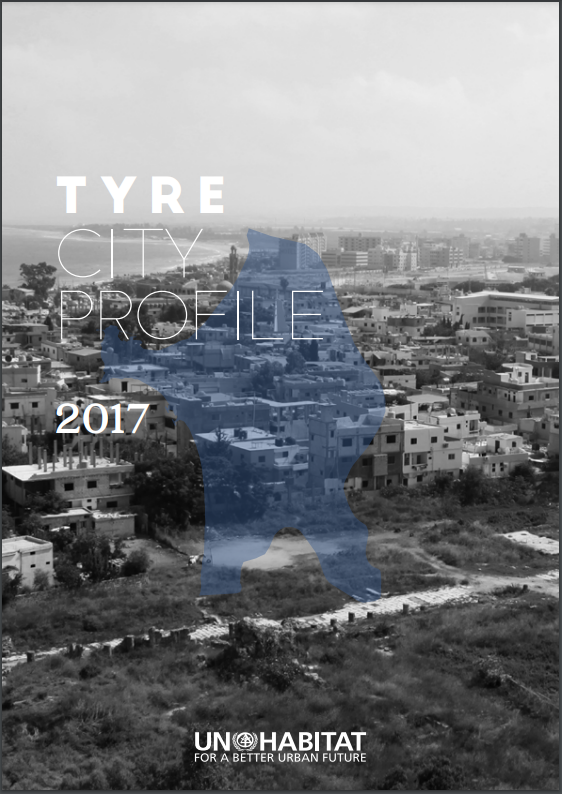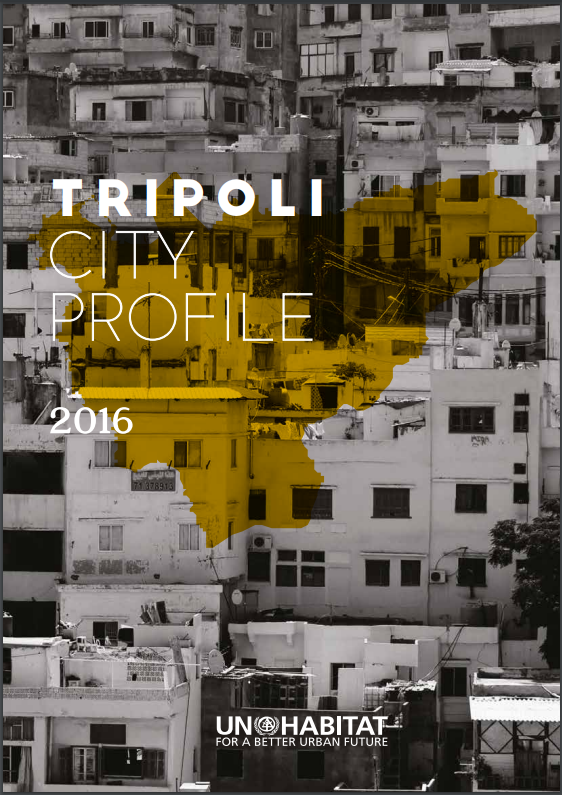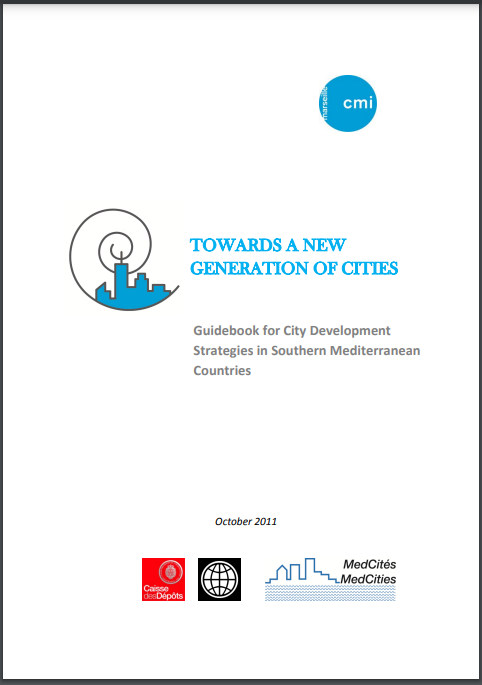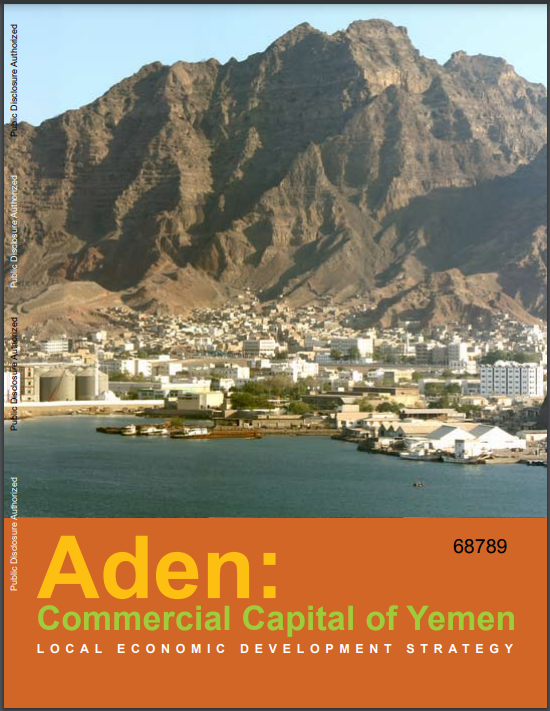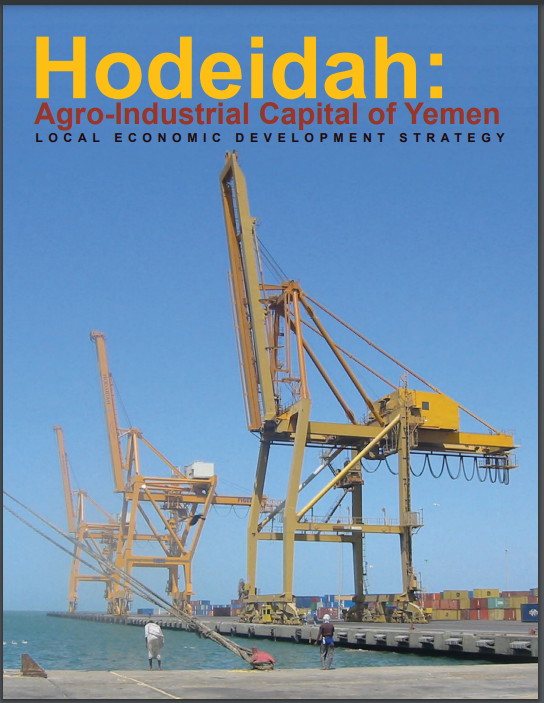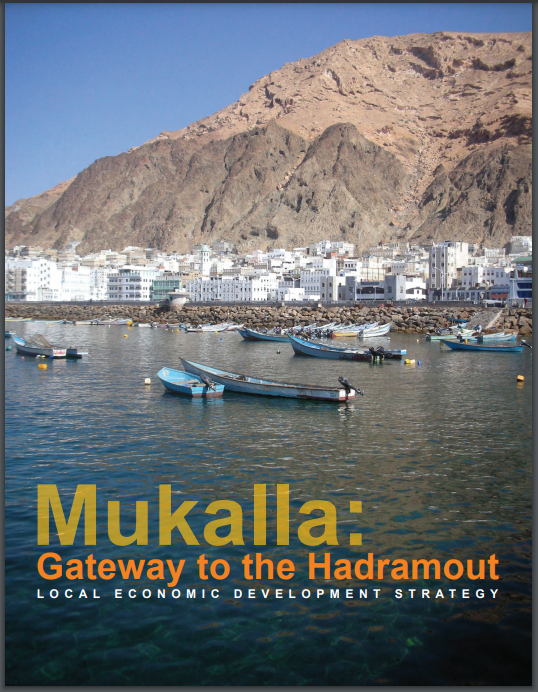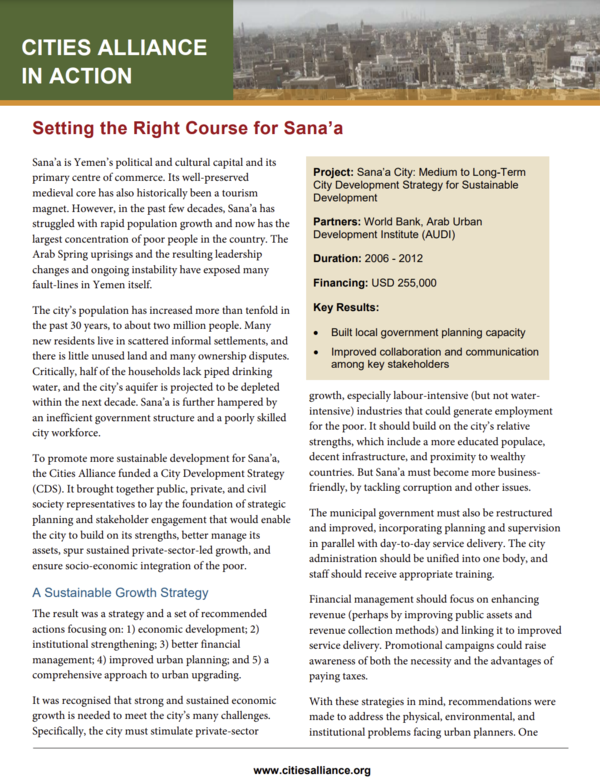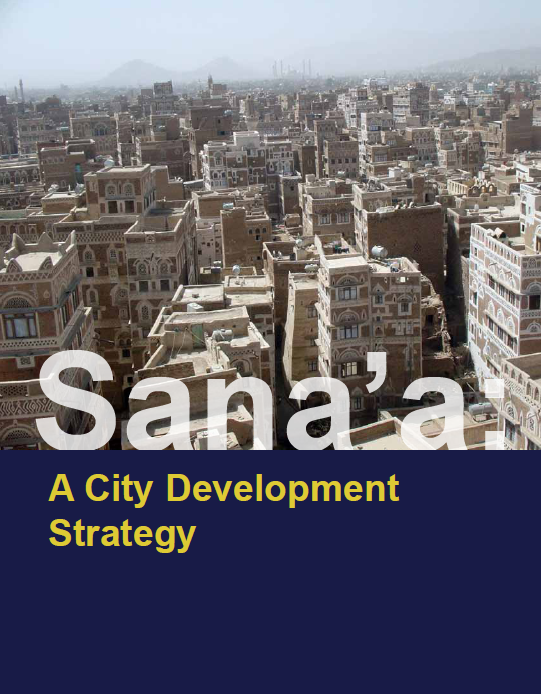The Middle East and North Africa (MENA) region faces rapid urbanization, environmental challenges, and growing inequalities that disproportionately affect women, migrants, and vulnerable groups.
Since 2000, Cities Alliance has been working in the region, addressing these challenges through projects in Morocco, Tunisia, Egypt, Jordan, Lebanon, the Palestinian Territories, Iran, and Yemen. In 2016, Cities Alliance established its regional office in Tunis, Tunisia, to deliver projects and technical assistance at both local and regional levels.
With over 25 years of experience, Cities Alliance has developed expertise in:
- Infrastructure development and urban services that enhance municipal capacity, create resilient, green urban spaces, and help cities implement sustainable urban policies.
- Gender-sensitive urban planning and participatory frameworks that ensure inclusive decision-making by engaging local stakeholders and communities.
- Capacity building and technical assistance, supporting municipalities in project development, gender-sensitive procurement, and leveraging additional funding for climate-adaptive urban policies.
By combining these approaches, Cities Alliance promotes inclusivity, gender equality, and climate resilience, helping MENA cities address their most pressing challenges while fostering sustainable and equitable growth for all.
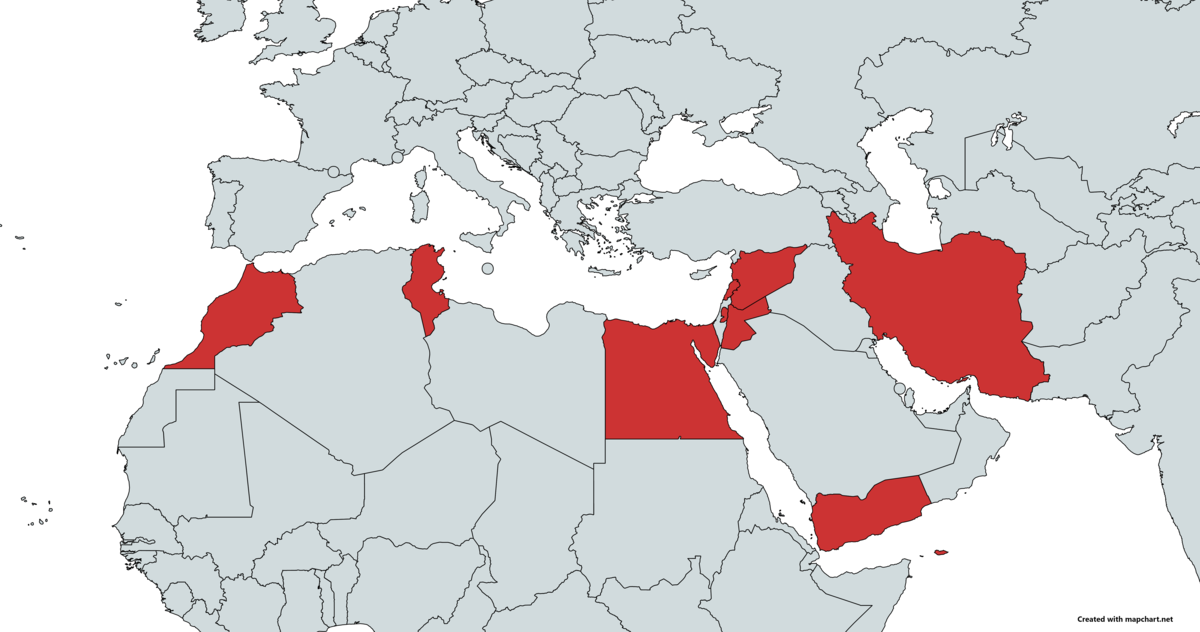
Featured Projects
The Women and Sustainable Cities programme aims to strengthen women’s leadership in the decision-making and management of scarce urban water resources in the MENA region. Launched in May 2023, the 2.5-year pilot is being implemented in collaboration with local governments and feminist organisations in Figuig (Morocco), Kairouan (Tunisia), and Sebkha (Mauritania).
Cities Alliance is implementing Femmedina, a gender-focused project that aims to rehabilitate and activate the public spaces in the historic centre of Tunisian cities, the Medina, through a broader process of women’s participation. Femmedina is now in its second phase.
This project promotes the economic inclusion of rural-urban migrants and poor host communities along the migration corridors surrounding the municipalities of Kairouan, Medenine, and Tataouine.
Funded by the Embassy of France to Jordan as part of the Fonds Equipe France programme (FEF), this project aims to enhance the role of women in the heritage and tourism sector, promote their leadership, and entrepreneurial skills, and foster economic development through targeted guidance to the municipality.

Tunisia
Kairouan has an ingenious system of cisterns (Majels) and underground reservoirs to collect and store rainwater that has allowed the city to thrive in an arid environment. Today, the Majels stand as a testament to the ingenuity of Islamic architecture.
While Majels are not as common anymore for the citizen’s daily water use, they serve as an inspiration for modern water conservation solutions tailored to contemporary climate challenges.
The Women and Sustainable Cities project seeks to revitalise the Majels as an essential part of rainwater collection on a household and communal level.
In collaboration with national NGO Lam Echaml and the local authority of Kairouan, the project centres around understanding the existence, value, and use of Majels in water conservation practices.
Its activities include a large mapping activity to evaluate the role of Majels, the participation of women in water governance, and their risks to heat and water scarcity.
Women from the community and municipal staff members participate in training sessions and capacity building.
Together with the local authority, one central public space in the city is rehabilitated with a communal Majel to become a more resilient and inclusive public space.
The Femmedina Inclusive City Programme aims to foster inclusive urban spaces co-designed with women in historical neighbourhoods known as Medinas in cities across the MENA region.
Building upon the successful completion of the initial phase of the programme in Tunis (2020 – 2022), Phase II (2023 – 2025) expands the initiative to the Tunisian cities of Sousse, Mahdia, M'saken, and Kairouan, in partnership with the Swiss Agency for Development and Cooperation (SDC).
In the second phase of Femmedina, women and girls actively participate in mapping and analysing existing gender inequalities in public spaces within their neighbourhoods. Capacity-building activities are provided and public spaces renovated to promote women's economic empowerment and safety.
Cities Alliance and the Swiss Agency for Development and Cooperation (SDC) are collaborating on a multi-phase initiative aimed at enabling partner cities, local governments, host communities, and migrants to manage challenges and leverage opportunities arising from migration to cities for sustainable and inclusive development.
In Tunisia, the partner cities are Jendouba, Kairouan, and Tataouine.
During Phase I (2018 – 2021), the projects in Jendouba and Kairouan enabled the city stakeholders to work together to receive, manage, and integrate labour migrants and, at the same time, promote responsible tourism in the city.
In a partnership between local and regional authorities, civil society and the private sector, young labour migrants were trained and guided through tourism-related activities to help them improve their economic situations.
This experience, combined with an urban forum and dialogues at the regional and national levels, is informing citywide strategies to integrate labour migration into local policies and institutionalising the multi-stakeholder partnerships developed through the projects.
Phase II (2023 – April 2026) scales up the interventions to include the Kairouan and Medenine-Tataouine migration corridors. It promotes the economic inclusion of rural-urban migrants and poor host communities along the migration corridors surrounding the municipalities of Kairouan, Medenine, and Tataouine.
It also adopts an integrated territorial development approach that emphasises a more equitable distribution of employment opportunities and municipal services across the entire municipal territory.
The Madinatouna (Our City) strategic city planning initiative supported mainly inland Tunisian secondary cities in developing their local development plans (LDPs) and funding follow-up projects. LDPs are the key planning instrument for Tunisian municipalities, developed through broad participatory processes.
In Phase I (2016–2020), eight cities (Béja, Gabès, Jendouba, Kairouan, Medenine, M’saken, Sidi Bouzid and Tataouine) produced city development strategies to serve as roadmaps for long-term development planning. A ninth city, La Soukra, used its own resources to participate in the programme.
Local officials developed an understanding of the importance of strategic planning for their cities, and municipal technical teams were trained in participatory planning approaches.
Phase II (2020-2023) elaborated and operationalised the LDPs in four municipalities: Béja, Jendouba, Medenine, and Tataouine. In coordination with the Ministry of Housing and Equipment, the project ensured alignment with the regional development plan and each city’s master plan.
This initiative was the first of its kind in Tunisia. Cities Alliance provided technical assistance to the cities throughout the process. Each city identified infrastructure projects they wished to develop such as improved public spaces and increased efficiency in energy provision.
The Madinatouna initiative was funded by the Swiss State Secretariat for Economic Affairs (SECO) as part of the Cities Alliance Country Programme in Tunisia.
VIDEOS ON MADINATOUNA
Inclusive Local Development Planning in Tunisia:
Creating Inclusive Public Spaces in Tataouine:
Reopening the Cinema Hall in Medenine:
The project "Improving gender-mainstreaming within local public policies" in the cities of Béja and Médenine, led by the Aswat Nissa in partnership with Cities Alliance and Heinrich-Böll Stiftung, aimed to reduce gender inequalities in a Tunisian context marked by decentralisation of powers. The project included the production of policy briefs, gender-sensitive budget analysis, and training sessions in the two municipalities.
This project promoted inter-municipal collaboration between neighbouring cities in critical areas such as service provision, in the context of decentralisation reforms. Three partners – GIZ, SKL International, and UNDP – worked closely with the FNVT and the Ministry of Local Affairs and Environment to operationalise the project.
Three pilot projects have pioneered inter-municipal cooperation between 12 municipalities that have put mechanisms in place to jointly make local governance, public management, and municipal service delivery more sustainable and efficient.
These joint projects addressed green waste collection and environmental protection initiatives that are anchored in newly created planning units. They include:
- A new green waste composting facility established in northern Tunis, following a feasibility study and conceptualisation of the composting site.
- On the island of Djerba, a new Intermunicipal Planning and Monitoring Unit will formalise current short-term inter-municipal practices in the medium- to long-term and strengthen the strategic planning capacities of Djerba’s three main municipalities (Ajim, Houmt El Souk, and Midoun) for integrated development of the island. The municipalities have also developed a joint parking plan to improve access and traffic on Djerba.
- The seven partnering municipalities of Tunis-South have jointly developed a campaign for containing insects to improve public health.
The project has also produced a diagnostic study and best-practice guide on inter-municipal cooperation that provides practical guidance to national and local authorities on implementing inter-municipal initiatives and technical advice to stimulate increased collaboration between secondary cities. The production process brought national and local authorities together to jointly reflect and exchange on common challenges and foster coordination across government levels – an emerging concept in Tunisia.
Multi-stakeholder discussions on lessons learned, value, and challenges are informing the national debate on how to operationalise inter-municipal cooperation. The guide’s recommendations are also contributing to operationalising the provisions governing inter-municipal cooperation in the Local Government Code.
The project was implemented by UNDP.
Cities Alliance, in partnership with UN-Habitat, supported the Tunisian government to formulate a National Urban Policy (NUP) that aims to provide a unified urban development framework to manage urban spread efficiently and coherently at the regional, national, and local levels.
Implemented in two phases from 2016 through 2023, the project brought stakeholders together for consultations to gather the necessary political support to develop a joint vision for the future development of Tunisian cities. The Steering Committee produced a road map for developing the NUP, and UN-Habitat completed a stakeholder mapping exercise and the initial strategic outline of a policy.
To make the NUP sustainable, inclusive, and based on an analysis of cross-cutting realities, UN-Habitat prepared regional dialogues across the country. These dialogues were instrumental in helping to collectively identify urban development priorities and challenges and set future development goals. They also provided guidelines for improved articulation between urban planning and the provision of public infrastructure and services, as well as how to optimise the value of local, national, and regional investments.
As part of the Tunisia Country Programme (2016–2023), the World Bank produced a study that systematically identifies and analyses development constraints and opportunities for improving outcomes for residents of Tunisia’s lagging regions.
The study also addresses reducing regional disparities by focusing on the role of cities and local economic development. Undertaken in support of the Ministry of Investment, Development and International Cooperation, the World Bank assisted in closing knowledge gaps and informing and prioritising key investments, policies, and programmes for future interventions.
To this end, “deep-dive” analyses of three Tunisian lagging governorates (Kasserine, Le Kef, and Tataouine) were undertaken and concrete recommendations were formulated. The economic potential analyses and the policy note suggest the following three priority areas for national government action:
- Strengthening the institutional environment by operationalising the Local Government Code;
- Enhancing economic connectivity, such as through the promotion of development corridors across administrative boundaries (inter-municipal cooperation); and
- Improving conditions in specific lagging areas through targeted interventions that leverage each region’s differentiated territorial assets, such as promoting the key economic sectors identified in the respective region.
The innovative tools developed by the World Bank based on the study have reinforced the skills of the Ministry of Development, Investment and International Cooperation (MDICI) in territorial development planning in disadvantaged regions.
They have also helped the MCICI prioritise public investments in a more targeted manner so that they have a greater impact on the development of the regions.
In 2007, the seven municipalities part of Greater Sfax approached the Cities Alliance for support in operationalising and implementing the already developed Greater Sfax Development Strategy (GSDS). The Cities Alliance supported a series of diagnostic studies to assess the extent of the problems facing Greater Sfax. Specifically, the studies focused on local economic development, underserved neighbourhoods, employment, and mass transport.
An urban observatory was established to gather, analyse and disseminate city data. Based on extensive surveys spanning two years, a typology of underserved neighbourhoods was also identified. These efforts eventually contributed to the identification of a set of priority projects for the Greater Sfax area.
Morocco
Since 2023, Cities Alliance, the Municipality of Figuig, and civil society have been collaborating to address climate-related challenges that threaten the ecological sustainability of the oasis and the quality of life, especially for women.
As part of the Women and Sustainable Cities project, Cities Alliance is working with the community to adapt and improve cooling spaces, such as washhouses and public areas around water sources, by adding sanitary facilities, lighting, urban furniture, and changing rooms.
Tetouan was one of the first cities to undertake a City Development Strategy (CDS) in the Middle East-North Africa Region, Tetouan inspired other municipalities to adopt a similar strategic urban planning process.
The Metropolitan Cooperation in the Tetouan Region: The Role of CDS project (2003–2009) brought the general public, the private sector, civil society and public officials together for the first time to discuss the city’s problems and future. Everyone’s knowledge of the territory improved, and some critical urban issues were highlighted for the first time. The CDS process included an analysis of the Tetouan metropolitan area’s comparative advantages and a vision for future development.
The project reinforced the decentralisation process and facilitated inclusive policies as well as greater accountability and other good governance principles. It has also served to institutionalise the strategic planning approach and to direct local and national spending.
The CDS also prompted local authorities to fund other projects, including the renovation of a major bridge linking the eastern and western parts of Tetouan, and to upgrade local educational institutions.
Perhaps most significantly, Tetouan’s experience paved the way for other metropolitan areas in the region to adopt a strategic approach as well. It also informed new legislation requiring Moroccan municipalities to develop plans using similar methodologies.
The project was implemented in partnership with USAID, UN-HABITAT, the International Network for Urban Development, the Arab Media Forum for Environment and Development, the Near East and North Africa Region (NENA) Urban Forum, and the Morocco Urban Forum.
Cities Alliance partnered with Morocco’s Ministry of Housing and Urban Development from 2004–2010 to support and monitor the government’s national Cities Without Slums Programme.
The programme aimed to gradually upgrade slums (200,000 households by 2010), taking the city as the programming unit within a contractual framework between the state and local authorities.
The main activities included:
- A draft comprehensive technical assistance and training plan
- Creation of a Slum Observatory and establishment of a Technical Monitoring Committee to ensure coordination and follow-up of programme implementation
- Support to local stakeholders and intersectoral development structures, including support for the creation of a ‘Cities Without Slums’ agency within the Directorate for Low-Income Housing and Real Estate
- Use of information professionals and the media to design an Information and Communication Plan to share lessons from Morocco’s experience with other countries
The project (2001–2003) aimed to create master and investment plans for regularising and upgrading the Korrat Sbaa informal settlement through extensive participation and capacity building of neighbourhood associations, drawing on experience from Barcelona and Rio de Janeiro.
It adopted a participatory process (interviews and evaluation workshop) and took into account other relevant examples in Morocco (Sale, Tangiers), with the support of co-implementing agencies (municipalities of Tetouan and Barcelona).
The result was a methodological framework to systematically include participatory components in the Korrat Sbaa urban rehabilitation project from the initial steps. It was the first time that community participation was considered, supported, monitored, and evaluated at this level in the implementation process of urban upgrading projects in Morocco.
Cities Alliance implemented the project in partnership with the Tetouan Urban Agency.
Mauritania
In Sebkha, a commune in the capital Nouakchott, demographic pressure, socio-economic difficulties, lack of urban services and the impacts of climate change are posing threats to the local water supply.
As part of the Women and Sustainable Cities project (2023–2025), Cities Alliance is creating inclusive public spaces and collective water kiosks by engaging women living in the area. The project has established the city’s first collective water point, which is co-governed by women from the community.
Jordan
HERitage: Women, Culture and Development in Madaba (2024–2026) aims to enhance the role of women in the heritage and tourism sector, promote their leadership and entrepreneurial skills, and foster economic development through targeted guidance to the municipality.
Madaba has fostered an inclusive environment where women contribute punctually to the city’s sustainable growth and vibrant community life. However, a workshop session in September 2023, organised by Cities Alliance in collaboration with the municipality of Madaba, showed the need of integrating and supporting women in more facets of the city's development, ensuring their equal opportunities and representation. This publication covers the workshop’s findings.
To respond to these needs, the project will foster an urban environment, where heritage conservation and tourism development integrate the local conditions, skills and knowledge to deliver a living experience for visitors to the city, but also provide economic opportunities for the local population.
The project is implemented in collaboration with the municipality of Madaba and the Madaba Institute for Mosaic Art and Restoration (MIMAR). It is funded by the Embassy of France to Jordan as part of the Fonds Equipe France programme (FEF).
The Greater Amman Development Strategy (2004–2008) aimed to strengthen municipal management and governance in Amman, upgrade its urban planning capacities, and improve the documentation of urban land use and data. It also sought to adopt a citywide upgrading strategy for squatter settlements and refugee camps, building on the successful experience of upgrading four settlements.
Building on the urban planning review and recommendations in the CDS report, Amman launched a new masterplan assignment and undertook a major restructuring of the municipality has been launched.
The project was implemented by the World Bank in partnership with Cities Alliance.
The project (2010–2012) supported four secondary cities in Jordan – Karak, Mafraq, Zarqa and Tafilah – and their surrounding regions in developing a City Development Strategy (CDS).
It had three main objectives:
- Enhancing the competitive advantage of the cities of Karak, Mafraq, Tafilah, and Zarqa by improving employment opportunities for vulnerable groups (youth, migrants) through better socio-economic integration of municipalities and their resources, and by increasing investment opportunities for the private sector.
- Supporting local economic development through an inclusive and participatory process in their respective city-regions (north, centre, and south), which have significant pockets of poverty.
- Building the capacity of the Greater Amman Municipality to support and guide the CDS process in these cities based on its gained experience in areas such as urban planning, governance, financial management and local tax administration, among others.
The project successfully fostered a greater understanding of CDS methodology and the importance of involving the civil community, women, youth, community-based organisations, NGOs, and other parties.
As a result of its success, the Jordanian Ministry of Municipal Affairs proposed preparing CDSs in four other Jordanian cities (Irbid, Jerash, Salt, and Ma’an).
The project was implemented by the World Bank and the Jordanian Ministry of Municipal Affairs in partnership with Cities Alliance.
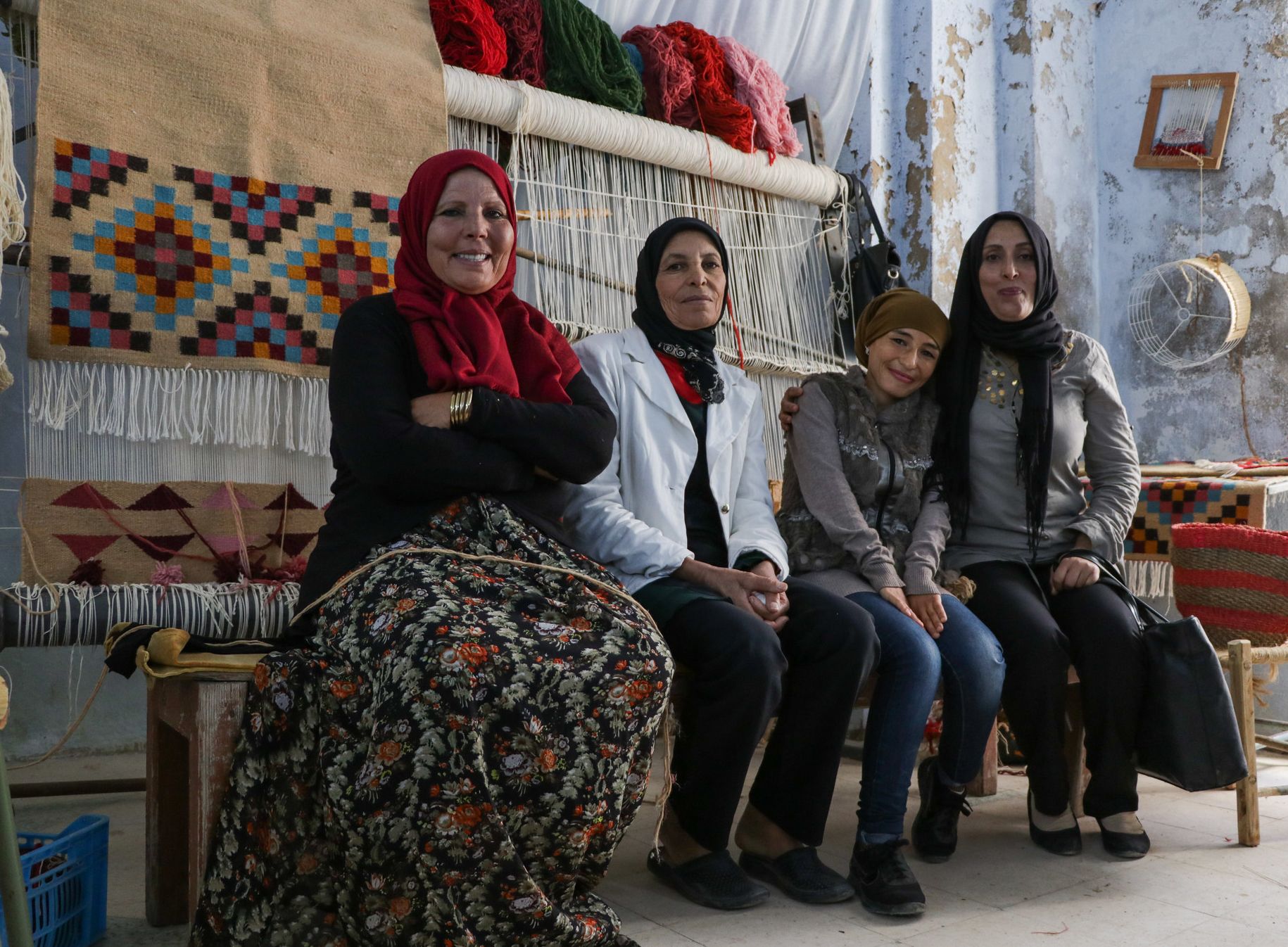
Egypt
With support from the Cities Alliance through a grant from the Bill & Melinda Gates Foundation, GIZ implemented a package of projects from 2012–2014 to improve livelihoods for informal waste collectors in Greater Cairo whose livelihoods were threatened by privatisation of the industry.
RESULTS
- Development of comprehensive solid waste management (SWM) strategies for the cities of Khosoos and Khanka. The city-level strategies were formulated through a consultative process with all stakeholders, including local city councils, NGOs, private companies, and communities. The Governor of Qalyubeya and both city councils endorsed the strategies, and implementation plans were detailed for projects outlined by the community plans.
- Increased community awareness of solid waste management problems and respective roles and responsibilities. Seven community committees were established to monitor the efficiency of the services provided in their respective locations, and then take part in implementing community initiatives. The community groups helped organise ten environmental campaigns with the active participation of more than 1,000 citizens in Khosoos and Khanka.
- Capacity development of local administration, NGOs, and informal operators on sustainable and environmentally sound methods of SWM. Two SWM units were established in Khosoos and Khanka to undertake planning, information management and monitoring, and evaluation of private companies contracted by the city council. The units were fully equipped, with staff allocated and extensively trained. The activity also included the development of a comprehensive database of SWM information that is continuously updated.
- Enhancement of the institutional and administrative capacities through training. Training was provided for all stakeholders in SWM in Khosoos and Khanka, including the SWM units, NGOs, youth, community committees, and private operators. Unit staff were trained in how to monitor the performance of waste operators by tracking waste collection. They in turn provided continuous on-the-job training on downloading, matching, and geo-referencing Google maps and satellites.
- Improved living and working conditions for informal waste operators. The project established an NGO in Khosoos to facilitate informal waste collectors’ integration into the waste sector. The project also executed five complementary small-scale initiatives to address priorities identified by the community, including an income-generation initiative that helped 70 women start micro businesses in sorting and recycling waste.
- Establishment of recycling structures for processing waste. A centre was built in Khanka for composting and the supply, installation, and commissioning of sorting. The facility provides the informal sector with direct and indirect working opportunities. A transfer station was also built in Khosoos to limit the distances travelled by collection vehicles, reduce illegal dumping on the outskirts of the city, and achieve better monitoring of waste.
This project (2013–2014) was implemented by the Hands Along the Nile Development Services, Inc. with support from Cities Alliance.
It aimed to:
- Integrate informal waste collectors in Cairo into the formal city collection system
- Improve the capacity of the Zabbaleen communities to organise and represent their interests
- Raise the ability of the Zabbaleen community to engage in successful recycling business activities, particularly through SMEs and NGOs
- Achieve a citywide awareness campaign targeting the inhabitants and business organisations of Cairo on the importance of source segregation of household waste into two streams: organic and non-organic;
- Move recycling businesses to new industrial zones
KEY RESULTS
- The Zabbaleen communities learned to utilise their bargaining power to negotiate contracts with state actors. At the same time, training activities were provided for them to understand and embrace higher environmental, as well as improved health and safety standards.
- An estimated one million residents, including significant numbers of youth, women, and girls, also benefitted from awareness campaigns on the importance of segregating organic and non-organic waste at source, improving the overall health, environment, and economy of the city.
- It achieved gradual change in both perceptions of the Egyptian society on Zabbaleen, and self-perception of the Zabbaleen community themselves. Both residents and political leaders in Egypt have started to recognise the value of local garbage collectors, seeing them as an asset to society. The Zabbaleen also started to recognise the positive role they can play in society, as well as the value of embracing and playing by the rules and upgrading their performance and capacities.
Cities Alliance supported the city of Alexandria to undertake a City Development Strategy process in two phases from 2004-2008.
The project’s objectives included: Institution building for effective implementation of the CDS, local economic development-related activities, citywide participatory urban upgrading of squatter settlements, and environmental rehabilitation of Lake Marriout as well as development of the surrounding area.
RESULTS
Overall, the Alexandria project was a leading innovation at a time when ideas about urban governance were changing in Egypt. It became a key part of a nationwide move towards reform and had a lasting impact well beyond the city itself.
It introduced the concept of participatory planning. Implementating the CDS greatly helped decision makers, private sector, NGOs, and the community at large to come together for a common strategic vision and unified their efforts towards setting up a strategic plan for development in Alexandria.
By using a consultative process to tailor the development plan, the results reflected all stakeholders’ commitment to work towards its
implementation. By having such equal participation, all of the players knew their roles, duties, responsibilities, and benefits.
Likewise, the CDS provided the opportunity for all stakeholders to
exchange views, develop positive dialogues, and be well-informed about their city development strategic plan.
In 1999, the governor of Ismailia approached the Cities Alliance, with support from UN-HABITAT, for assistance with planning and designing the upgrading of two informal areas surrounding Ismailia’s Lake Timsah: El Hallous and El Bahtini. The result was the Upgrading Informal Areas in Ismailia Governorate project (2000–2002).
This activity was largely driven by the governorate with the support of local counterparts from the Sustainable Ismailia Governorate Project.
RESULTS
The project's was successful because it allowed for continuity and incorporated local knowledge accumulated from lessons learned in the past. It helped consolidate the governorate’s upgrading strategy, and the participatory process gave communities a role and a voice in the upgrading programme.
Possibly the biggest impact of the upgrading on the families affected is secure tenure. The impact of this security could be seen in the large amount of house consolidation in the two communities.
As a result of these activities, the governorate and UNDP initiated a participatory approach for the physical and social upgrading of the two settlements in 2003–2005. The Italian government facilitated a debt swap that leveraged about US$3.5 million to support the upgrading process in the two neighbourhoods.
The success of the Ismailia project contributed to raising the profile of upgrading on the government’s agenda, while the governorate signalled its intent to upgrade all informal settlements within its jurisdiction.
Iran and Syria
Cities Alliance in partnership with the World Bank facilitated the development of a national dialogue on citywide slum upgrading in Iran from 2002–2003.
The dialogue aimed to:
- Support a national policy debate on citywide slum upgrading
- Expose policymakers to international examples of citywide and nationwide approaches to slum upgrading
- Identify a range of policy options for Iran
- Strengthen collaboration between different tiers of government and agencies dealing with urban upgrading
RESULTS
With the assistance of an international consultant, the Iranian partners produced a policy framework entitled: “National Strategies for Enabling and Regularising Informal Settlements.” It provided an analysis of the causes of slums, with a clear emphasis on the role of failed policies and weaknesses of administration.
The policy note was underwritten by key principles contained within the Iranian Constitution. The Iranian Cabinet endorsed the policy note in 2003.
Partly as a result of the policy statement, the government of Iran negotiated a long-term $330 million loan from the World Bank, $80 million of which to support the institution of an integrated approach to upgrading informal settlements and lay the foundations for more fundamental housing sector reforms over five years.
The project (2008–2013) was implemented by GIZ and the City of Aleppo in partnership with Cities Alliance. It aimed at revising the previous Aleppo Master plan adopted in 2002 and the City Council priorities adopted in 2003.
A city development strategy was prepared to understand and address the feasibility criteria, funding constraints, and the reform agenda in accordance with the five-year national plan.
The strategy focused on key concerns related to poverty, income, and employment, as well as the quality of life concerns in five key areas: local economic development, urban service delivery, the urban environment, urban spatial efficiency, and administrative and financial modernisation.
Lebanon
This project (2016–2018) aimed to inform humanitarian, local authorities, and governmental actors and urge them to mainstream inclusive interventions in Lebanon.
The project was unique in Lebanon. Many within the humanitarian community were focusing on the needs of refugees, while very few stakeholders were planning and coordinating activities with local governments – leaving the emerging crisis of unplanned urban expansion in Lebanon unaddressed.
It produced a sound knowledge base in four cities: Beirut, Saida, Tripoli, and Tyre – which were the most affected by the refugee crisis – by using city profiling as an analytical tool to assist local governments in decision making.
The city profiles also served as the foundation for a State of Lebanese Cities report and informed the development of a national urban policy project implemented by UN-Habitat.
The project was implemented by UN-Habitat and sponsored by the Ford Foundation and United Cities and Local Governments Middle East and West Asia Section (UCLG-MEWA).
Despite its role as a major host to refugee populations, Lebanon has not signed the 1951 Convention relating to the Status of Refugees or its 1967 Protocol, which are the core instruments outlining minimum standards for the treatment of refugees and asylum seekers.
Without this framework outlining roles and responsibilities, Lebanon largely has relied on the Lebanese and International NGOs, with the support of the relevant UN agencies (UNHCR, UNRWA) to respond to the refugees’ needs.
Working from previous experiences in local authority training and collaboration, the project (2016–2017) sought to understand the role of local authorities in the global refugee protection regime, using the Right to the City (R2C) framework and the current movement behind the Global Platform on the Right to the City.
It aimed to develop a framework for local authority protection of refugee communities; participatory consultation mechanisms; protection policies and services; and an understanding of the roles and rights of the refugee community.
The project facilitated refugee communities’ interaction with the local community and local authorities to create stronger social inclusion within the community and better provisions for protection.
It also focused on promoting specific measures that protect refugee women and children, who are often engaged in precarious work and/or are more vulnerable when basic rights and services are not met.
The activity was sponsored by UCLG and implemented by the Housing and Land Rights Network – Habitat International Coalition.
The project (2006–2013) was implemented by the three cities of Tripoli, El Mina and Beddawy (together they comprise the Al Fayhaa Union of Municipalities) with support from Cities Alliance.
The main aim was to produce a local economic development strategy and investment plan for urban renewal and environmental management.
The project included conducting a consultative process with stakeholders and the development of assessments on competitiveness, environment, and urban poverty.
The assessments were followed by the development of a local economic development strategy, an urban upgrading strategy, and a capacity building and training programme.
Palestine
When a separation wall was constructed in 2002, residents of four East Jerusalem neighbourhoods became isolated between the wall and the city boundaries. Since then, they have been neglected by the municipality of Jerusalem, resulting in growing informality, lack of basic services, reliable data, and political representation.
This project (2015–2017) supported the development of an urban database to serve as an advocacy tool so that residents can proactively engage decision makers and donors and enhance their living conditions.
Since the construction of the separation wall in 2002, the four neighbourhoods in East Jerusalem covered by the project have been neglected by the municipality. All four lack access to basic services or any kind of official representative body, and they have exhibited exclusively informal growth.
The project’s outputs include fact sheets, infographics, and assessment reports to evaluate the existing socioeconomic and physical conditions in each neighbourhood.
Strategic frameworks for identifying the emergency and development needs were shared with decision makers to provide urban development recommendations and advocate for better provision of social and physical infrastructure.
The project was part of the Innovation Fund's 2014 Call for Proposals on the theme Know Your City: Information for Transformation.
This project (2011–2013) aimed to elaborate and set the basis of
strategic planning at the local government level for Palestinian towns and cities.
It focused on scaling up and linking locally prepared Strategic Development and Investment Planning for Palestinian Cities and Towns (SDIPs), financed by the Municipal Development Programme, to a systematic support structure at the national level.
The project:
- Enhanced the regulatory framework through a policy note clarifying the linkage of SDIP to national planning processes as well as the roles and responsibilities of relevant governmental institutions
- Developed the institutional framework by establishing SDIP support units at the Ministry of Local Government and selected regional levels equipped with appropriate working procedures and trained/qualified staff
- Developed the capacity of local government units and service providers with training and the creation of a qualification system and capacity-building programme for local service providers
- Shared knowledge and raise awareness through various knowledge-sharing activities and an outreach programme
Yemen
Between 2002 and 2009, Cities Alliance and the World Bank supported city development strategies (CDS) in three secondary cities: Aden, Mukalla, and Hodeidah.
The CDS process in each of these cities brought together public and private sector leadership to assess the strengths and weaknesses of the city, think strategically about opportunities for equitable economic growth, develop a long-term vision, and draft a prioritized action plan.
In all three cases, the CDS process was coupled with revisions to the cities’ master plans to ensure a strong link between economic development plans and infrastructure.
Creating a long-term vision for the city required the participation of a variety of public, private, and civil society leaders who did not often come together to discuss the challenges and opportunities facing the city.
The structure for cross-sectoral communication provided under the umbrella of the CDS had a lasting effect in terms of helping to align the city’s social, economic, and environmental interests. In addition, with the financial support under the CDS, local leaders had access to much-needed technical support and expertise focused on issues of local concern.
To promote more sustainable development for Sana’a, the Cities Alliance funded a City Development Strategy (CDS) from 2006–2012.
The CDS process brought together public, private, and civil society representatives to lay the foundation of strategic planning and stakeholder engagement that would enable the city to build on its strengths, better manage its assets, spur sustained private-sector-led growth, and ensure socio-economic integration of the poor.
The result was a strategy and a set of recommended actions focusing on: 1) economic development; 2) institutional strengthening; 3) better financial management; 4) improved urban planning; and 5) a comprehensive approach to urban upgrading.
Several other activities were carried out alongside the CDS. These included the development of terms of reference for a comprehensive
update of the Sana’a master plan; securing a USD 300,000 grant to create a flood management and hazard risk management plan; and an additional grant for a climate change study.
The strategy development process helped to build the local government’s planning capacity and improve collaboration and communication.
It allowed the central and local governments to forge better links and build consensus to move forward with decentralisation reform, which is critical to making local governments more efficient and effective. It also strengthened links between the municipality and the private sector, as well as other key stakeholders.

